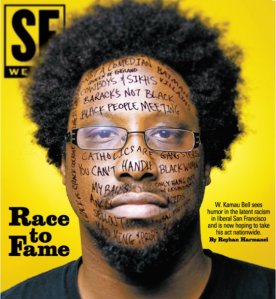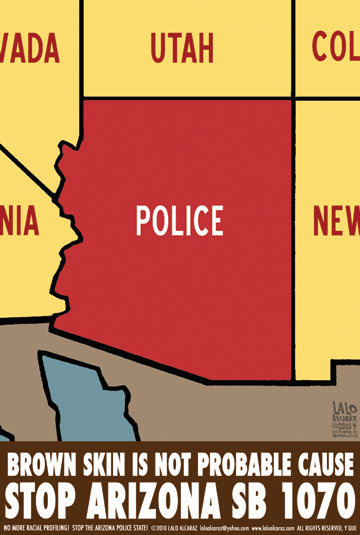For a while now I've been thinking about political labels and how we use them.
1. Firstly, our public language for describing the range of political opinion is pretty impoverished. Right/Left and Conservative/Liberal is too simplistic. For example on the "right" we have a number of different partially-overlapping groups: conservative, neoconservative,
paleoconservative, social conservative, fiscal conservative, fascist, Republican, libertarian,
Neo-Confederate, etc. You also have some on the "right" aren't really advocating for a vision of society with any depth, they are basically just anti-liberals (e.g. The Party of No),
2. On the "left" you have liberals, Democrats, Greens, progressives, different flavors of Anarchism and Socialism, pro-labor types. You also have folks who want to level the playing field, especially around certain issues: gender, race, orientation, religion, etc.
3. In the past I've argued that in some basic ways Islam leans to the left (see
take a step to the left) especially if you focus on race and class. The community of Muslims is in principle a
transracial brotherhood and the ideal Muslim government is a kind of welfare state which, while allowing private property, puts a number of ethical constraints on the use and abuse of wealth.
4. On the other hand, I was recently reading about the more traditional wings of the conservative movement (e.g.
Paleoconservatives) and was struck by how one could argue that in a philosophical and abstract sense Islam is "conservative" as well. The idea of following the sunnah of Muhammad (saaws) in ones personal life, building society on the pattern of Medina, following a madhab and other forms of traditional scholarship are basically conservative moves.
5. When Muslims look to the past, we mainly mean precolonial times, e.g. Andalusia or the Ottoman Empire.
6. Another positive kind of "
conservativism" which is often connected to Islam is
Perennialism / Traditionalism
7. Of course when modern American "conservatives" look to the past for models of an ideal society they generally mean pre-Civil Rights era, or pre-New Deal, or in some cases pre-Emancipation.
8. Even on the Right, I would argue that very few are genuine conservatives in original sense of following Edmund Burke's thoughtful criticism of the French Revolution. In fact, the self-identified "Conservatives" on Fox News and in the Tea Party probably shouldn't even go under that name. They are more accurately described as anti-liberals.
9. I'm in the middle of reading a collection of Chomsky talks and interviews called "Understanding Power: The Indispensable Chomsky" and I'm intrigued by how he calls himself a libertarian (among other things). That's actually a part of what sparked this post. We should try harder to understand the precise meanings of various political terms and use them correctly. Terms like "libertarian" and "conservative" should be appropriated by the Left when they apply.
10. On the other hand it is bizarre to me how multiple voices on FOX have been arguing that Fascism is a left-wing ideology. Even less coherent is the term Islamo-Fascism. It is like they don't care about what words mean and have basically resorted to name-calling.





